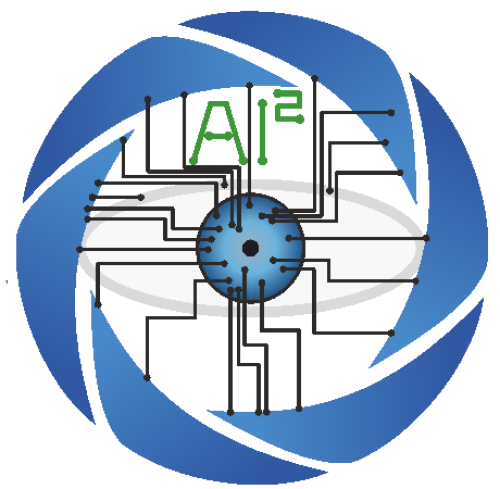Eyesight to AI:

• Department of Electrochemistry and Big Data (MOD)
• Helmholtz Zentrum München (Albarqouni group)
Small organic molecules that modulate the degradation behaviour of magnesium (Mg) constitute benign and useful materials to modify the service environment of light metal materials for specific applications. However, the large number of potentially effective compounds renders the currently used experimental discovery methods time, labour and resource consuming.
Fortunately, computer-assisted methods can be utilised to screen large areas of chemical space with less effort. The fundamental concept of the proposed project is to firstly develop an automated routine that facilitates high-throughput quantification of the effect of the organic additives on the degradation of a Mg alloy. For this sake, a pattern recognition algorithm will be employed to classify and rank the degree of material degradation based on the surface appearance of the exposed specimen.
This optical signal will be subsequently used as target parameter for a variety of supervised and semi-supervised learning approaches (e.g. based on an Artificial Neural Network (ANN) or Graph Convolutional Networks (GCN)) to predict the performance of untested additives. The data-driven models will in turn be validated by the method that was initially employed to generate the training database by providing a list of promising chemicals for experimental investigation to select the best algorithm for a robust and reliable prediction.
Contact


Department of Electrochemistry and Big Data
Phone: +49 4152 87 1914
E-mail contact